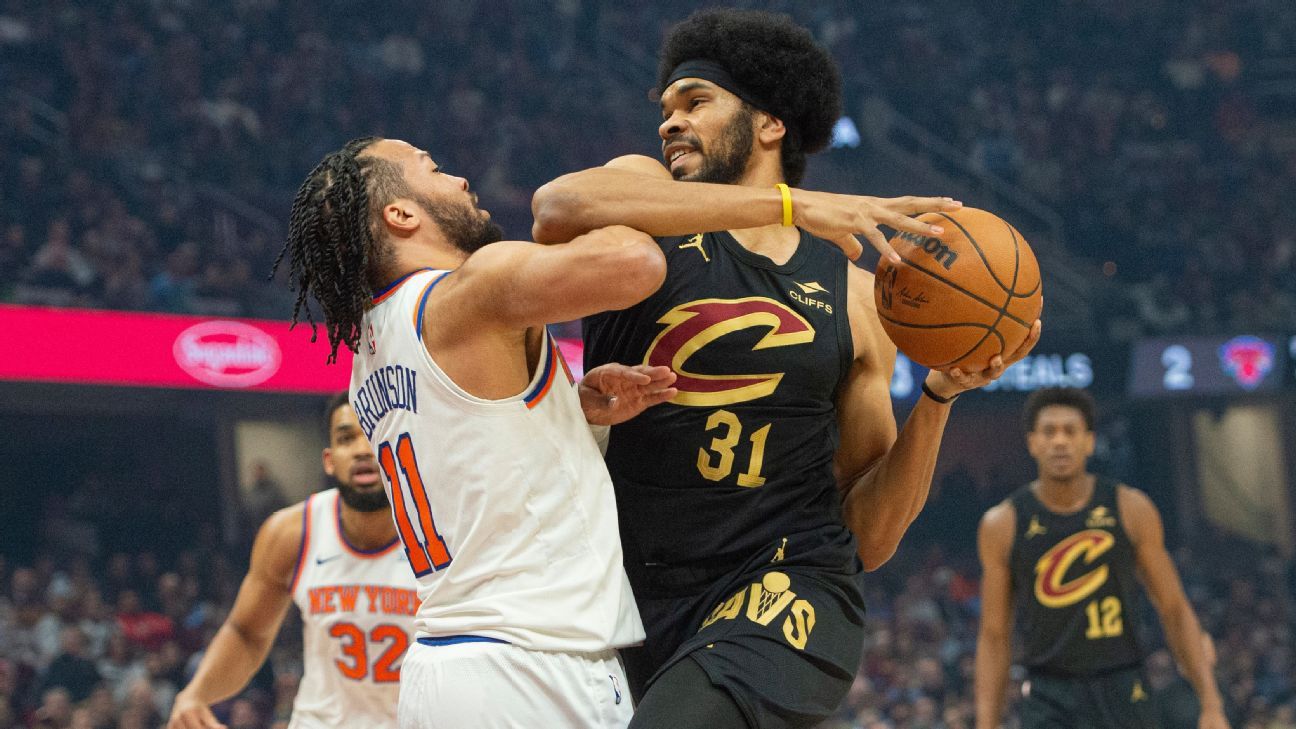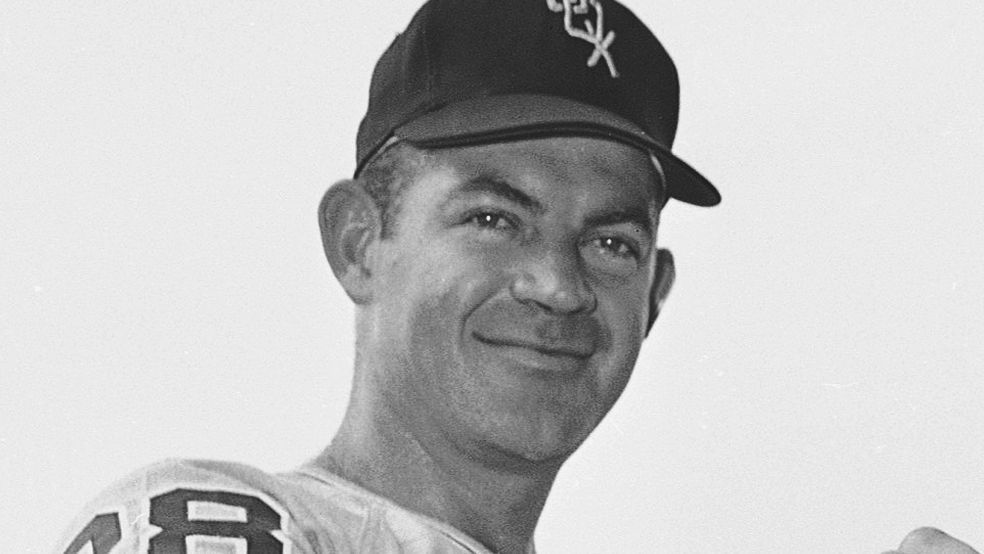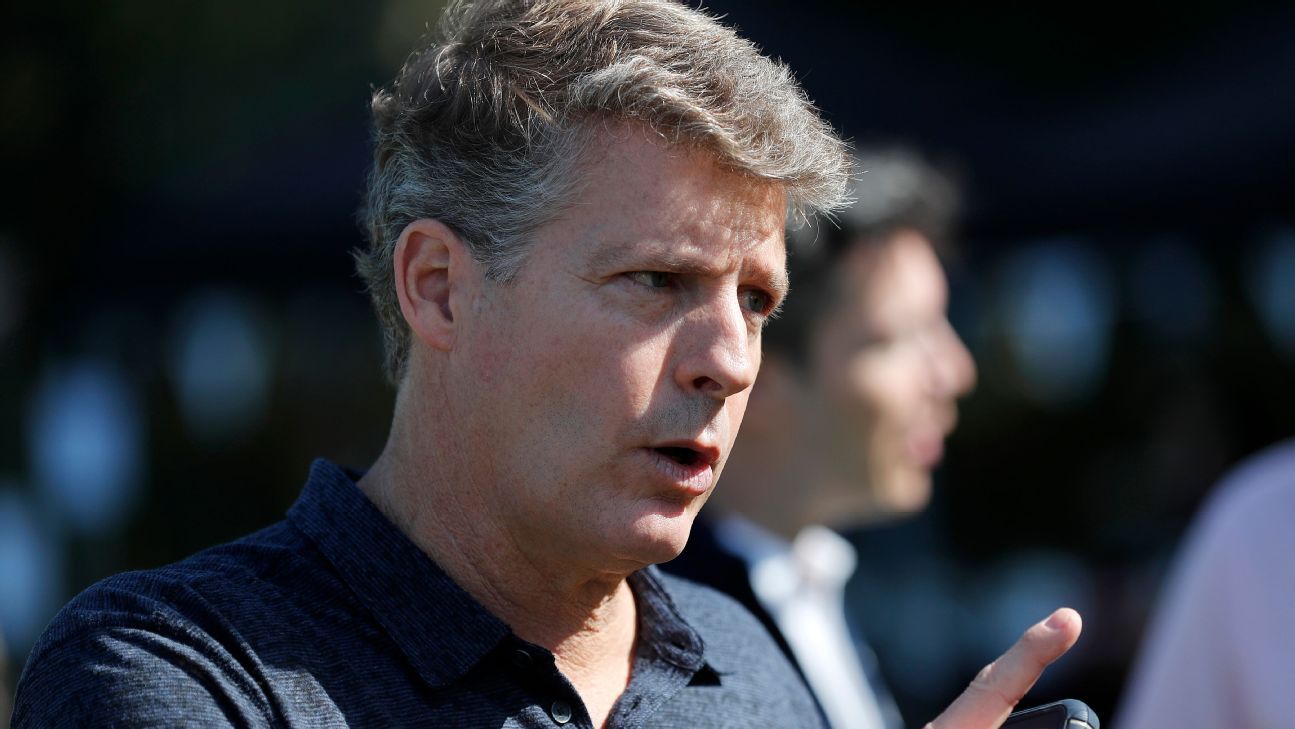
While golf remains an individual sport, European Ryder Cup captain Padraig Harrington believes the biggest team event may need to step up for the greater good as tournament officials mull the possibility of playing the biennial matches without fans.
If all goes according to plan, Harrington is five months away from leading the European side against Steve Stricker's American squad at Whistling Straits. But the coronavirus crisis has thrown those plans in flux, leaving the state of the matches in doubt. Last week PGA of America CEO Seth Waugh explained that organizers are looking into the possibility of playing the matches without fans, a prospect that seems unappetizing to world No. 1 Rory McIlroy among others.
But in speaking to The (U.K.) Times, Harrington admitted it's a scenario that may have more positives than negatives as the sport continues to develop a strategy to return to competition.
"Everyone wants fans to be there, but the question is does sport need the Ryder Cup and should the Ryder Cup take one for the team? Would it be for the greater good of sport?" Harrington said. "It wouldn't be in the Ryder Cup's best interests, but it could be in the best interests of enough people who want to see a big sporting occasion on TV."
According to the report, the European Tour has furloughed staff and could face even further financial hardship if the 2022 Ryder Cup is postponed a year, with the home host organization benefiting significantly more than the away counterpart. Harrington added, "It would be wrong not to consider the financial side."
Whistling Straits is in Wisconsin, where earlier this week governor Tony Evers extended the state's stay-at-home mandate through May 26 while allowing some non-essential services to re-open with the caveat that they resume operations without making any contact with customers.
Harrington expressed personal reservations about a potential June re-start for competition, noting that he hoped for added clarity on both the treatment and prognosis of the disease. But he also believes the PGA Tour's efforts could go a long way in determining what options might be on the table for the Ryder Cup by late September - including the possibility of playing matches in front of (at least some) fans.
"If those PGA Tour events go well behind closed doors, then we are far more likely to see a Ryder Cup as normal," Harrington said. "It massively increases the odds of being with fans, because by September we may have moved on. I assume there is no chance of a vaccine (by September), so we're looking at how well-contained it is by then, and how treatable it is."















 Phone: (800) 737. 6040
Phone: (800) 737. 6040 Fax: (800) 825 5558
Fax: (800) 825 5558 Website:
Website:  Email:
Email: 






